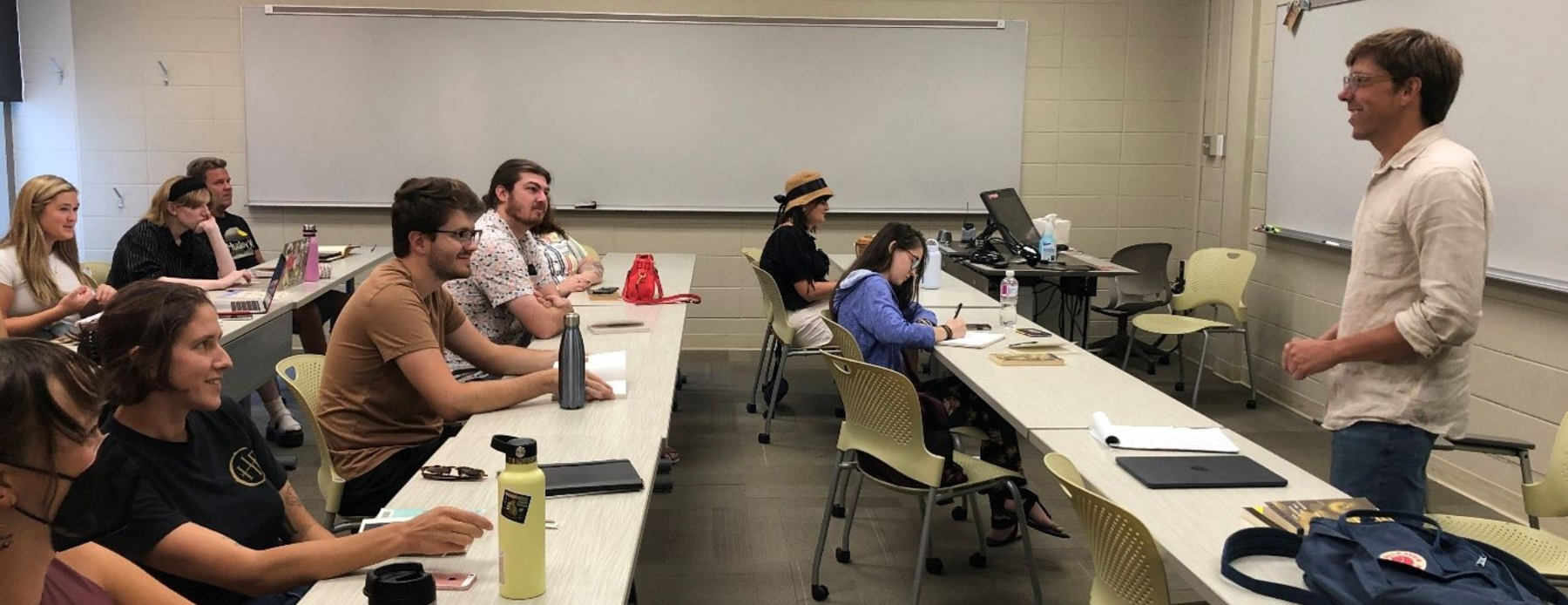
Welcome to the Department of English
The Department of English at the University of Arkansas teaches students how to think critically, argue persuasively, and pursue fulfilling goals. We also prepare students to apply for competitive jobs as top communicators in a wide range of professional fields: education, journalism, law, research, the corporate sector, non-profit work, and creative writing, among others. See, below, the different programs our department offers, and feel free to e-mail us at engl@uark.edu for more information.
DEPARTMENT PROGRAMS
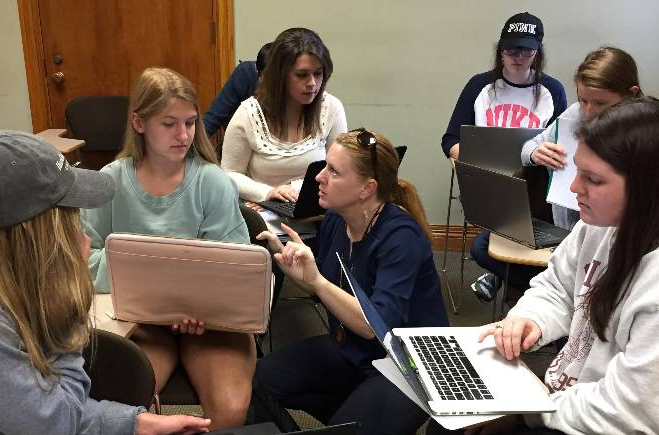
B.A. in English
Choose one of our amazing B.A. concentrations: Creative Writing, Rhetoric and Writing
Studies, or Topical. Majoring elsewhere but love English and Rhetoric classes? Then
consider minoring in English or Rhetoric and Writing Studies!
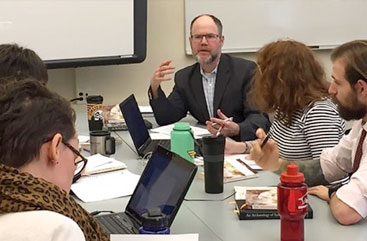
M.A./Ph.D. in English
While rigorous in terms of the level of research and scholarship they require, the M.A. and Ph.D. Programs in English also emphasize professionalization to prepare students for employment inside or outside of academia.
Learn more
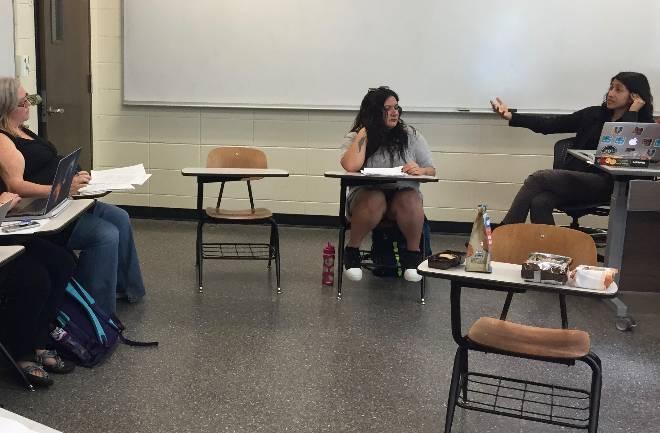
Creative Writing & Translation
One of the nation’s oldest M.F.A. Programs, and one of the “Top Five Most Innovative” (The Atlantic Monthly), we offer degree tracks in Fiction, Poetry and Literary Translation.
Learn more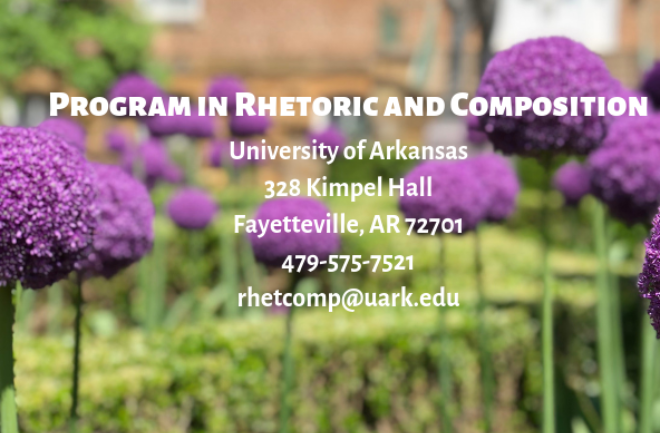
Program in Rhetoric and Composition
The Program in Rhetoric and Composition primarily develops and manages first-year writing courses that help students master the conventions of academic discourse. The courses under the purview of the Program emphasize the development of sophisticated reading, writing, and thinking skills necessary for student success in the academy and beyond.
Learn more
The University of Arkansas Program in Creative Writing and Translation is a four-year, fully-funded graduate program with tracks in fiction, poetry, and translation that offers writers community, time, and rigorous study in pursuit of a Master of Fine Arts degree. For over fifty years, our program—one of the oldest MFA programs in the nation—has served as a preeminent training ground for some of the nation’s best writers. Listed in the top forty MFA programs by Poets & Writers and named one of the “Top Five Most Innovative” by The Atlantic Monthly, graduates go on to win Lannan Literary, Fulbright, and Stegner Fellowships, secure publishing contracts from some of the most prestigious presses in the country, and regularly publish in major literary magazines, including The New Yorker, Harper’s, Poetry, and Esquire. Over the past five decades, our graduates have published an estimated 400 books and received the National Book Award, Guggenheim Fellowships, and MacArthur Fellowships. Four program graduates have been named Poet Laureate of their respective states (Arkansas, Georgia, Louisiana, and Mississippi). Admission to our program is highly selective. From the hundreds of applications we receive each year, we admit up to five students in each genre. Our program, which enrolls around 40 students at a time (and accepts new cohorts of around 10 each year, in a mix of genres), is intentionally small. Our 60-hour curriculum enhances the typical workshop experience with coursework in craft and literary studies so that students develop their own creative voices alongside a deep understanding of the great writers and works that have come before them. Our small class sizes and dedicated faculty—award-winning writers themselves —guarantee that students receive hands-on attention.
Why is our MFA program four years long?
While most students could finish course requirements in three years, we believe the biggest need writers have is time. All graduate students receive funded support in the form of a four-year teaching assistantship ( a stipend of $17,000 annually) and teach two courses (such as composition and creative writing) per semester. In students’ final year, they teach one course per semester. We also offer flexibility; while students pursue a single degree track in poetry, fiction, or translation, our four-year curriculum enables them to explore outside of their own concentration, with workshops and craft courses in other genres. Students’ thesis is a book-length manuscript in their chosen genre. Our MFA is designed to have graduates leave prepared for all aspects of the writing life.
ENGLISH IN THE NEWS
CALENDAR